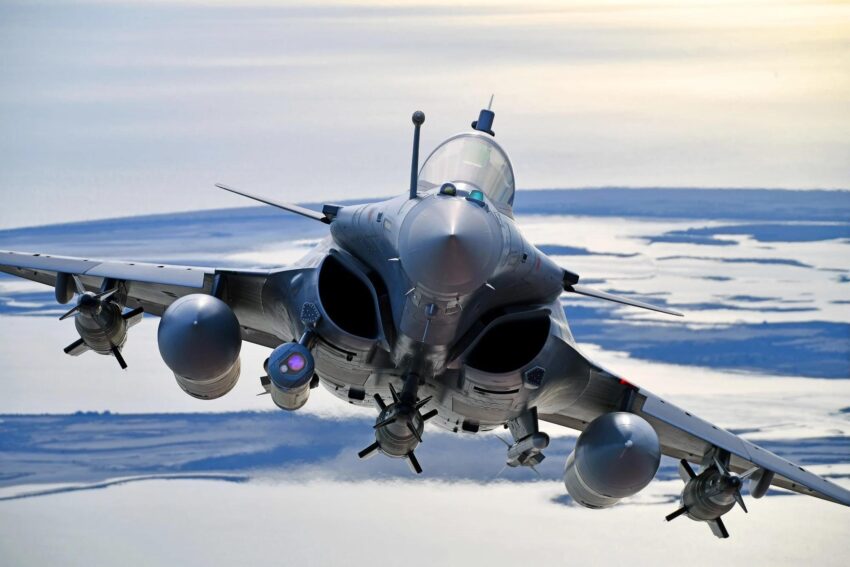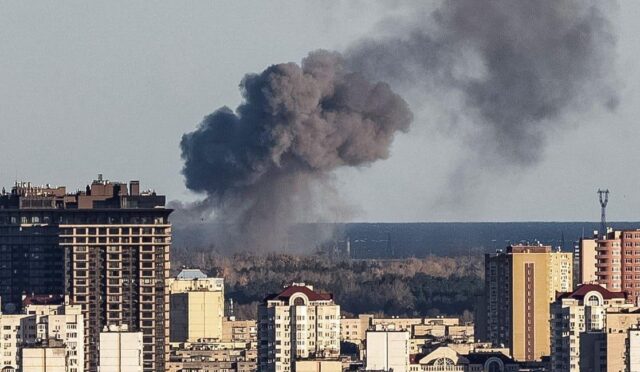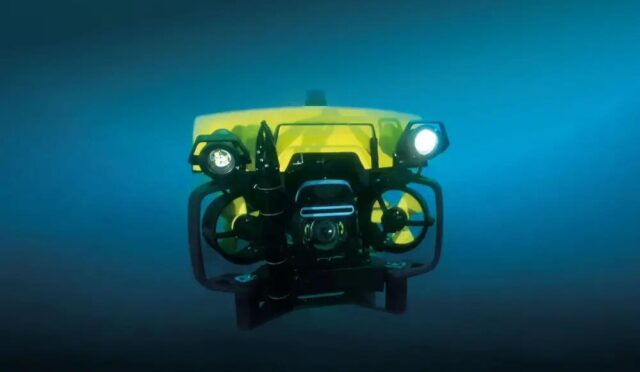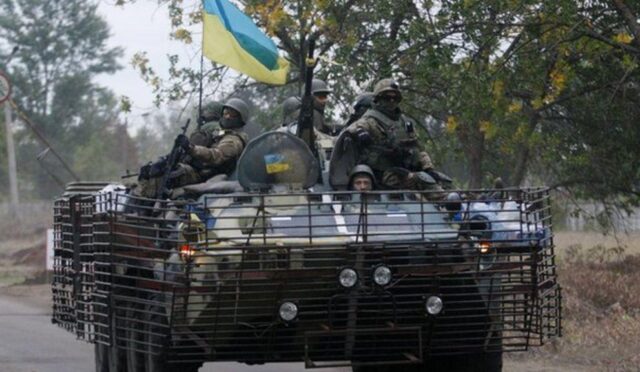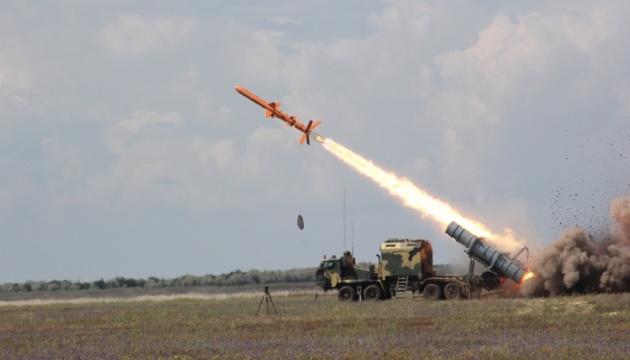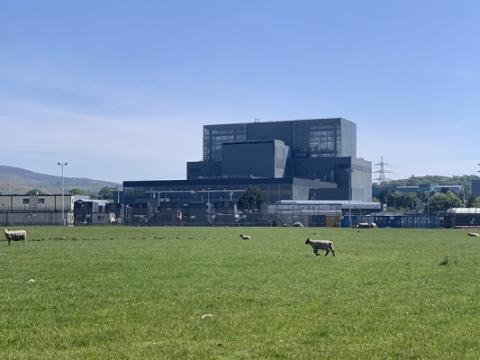Rafale Fighter Jet: China’s Disinformation Campaign Explained
French intelligence recently revealed that China has been conducting a campaign to tarnish the reputation of the Rafale fighter jet. This effort intensified following the military clashes between India and Pakistan in May. Allegations surfaced suggesting that Chinese defense attaches utilized their embassies to promote negative narratives about France’s Dassault Aviation and its fighter jet in an attempt to sway potential buyers towards Chinese alternatives.
The strategy involved persuading existing and prospective clients, particularly Indonesia, about the supposed lackluster performance of the Rafale during the South Asian conflict. As reported by the Associated Press, these discussions aimed to dissuade customers from investing in the French jet, promoting instead the advantages of Chinese military hardware.
Chinese Disinformation Tactics
During these meetings, Chinese officials referenced unverified online reports that claimed the Rafale performed poorly in combat. French authorities noted that much of this disinformation, which included digitally altered images and AI-generated content purportedly showing wreckage of the Rafale, originated from both Pakistan and China. Researchers tracking misinformation indicated that nearly 1,000 social media accounts were established to disseminate these narratives during this time.
While French intelligence has yet to confirm any direct ties between the derogatory online commentary and the Chinese state, the narrative was effectively wielded by Chinese attaches to promote their weaponry’s superiority over the Rafale. This technique highlights a broader trend where misinformation can be used strategically in international defense markets.
Claims of Aircraft Losses
In the midst of these tensions, Pakistan asserted that it had shot down six Indian Air Force jets, including three Rafales, during the initial night of hostilities from May 7 to 8. India has dismissed these claims but has acknowledged the loss of some aircraft, though likely far fewer than what Pakistan alleges.
A statement from France’s Ministry of the Armed Forces defended the Rafale, emphasizing its advanced capabilities and international sales. It underscored the disinformation campaign not just targeted at the aircraft itself, but aimed at undermining France’s military reputation overall. The Rafale stands as a hallmark of French defense innovation and industrial capacity.
Broader Implications of the Disinformation Effort
The disinformation campaign launched by Chinese officials signifies attempts to weaken France’s defense influence globally. By attacking the Rafale, factions supporting the narrative sought to challenge France’s national integrity, strategic independence, and the credibility of its defense partnerships. This deliberate misinformation strategy was not simply focused on a particular aircraft but rather aimed to disrupt perceptions of France’s military prowess.
The ramifications of such campaigns can extend beyond immediate market implications, posing risks to long-standing defense relationships and the balance of power in the region. France’s response to these tactics will be pivotal in shaping its future engagements on the global defense stage.
